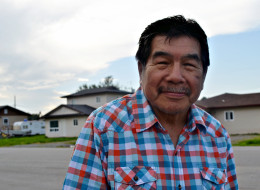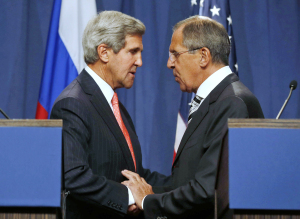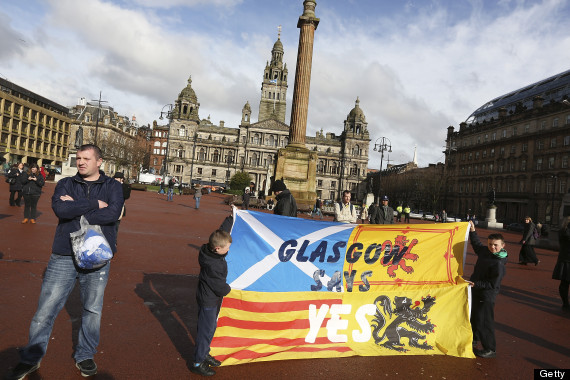 Anytime a government wants to hide its errors and illegality, it pulls down the shades of national security confidentiality and refuses to disclose any information. Time and again, the Canadian government's own cries for secrecy have been found to be without substance. Federal court decisions, judicial inquiries into complicity in torture, and various freedom of access to information requests have revealed the extent to which secrecy becomes the convenient way out from having to explain and be held accountable for lousy policy, inhumane actions and sheer incompetence.
Anytime a government wants to hide its errors and illegality, it pulls down the shades of national security confidentiality and refuses to disclose any information. Time and again, the Canadian government's own cries for secrecy have been found to be without substance. Federal court decisions, judicial inquiries into complicity in torture, and various freedom of access to information requests have revealed the extent to which secrecy becomes the convenient way out from having to explain and be held accountable for lousy policy, inhumane actions and sheer incompetence.Yet the secrecy train rolls on, whether through security certificates (a challenge to which will be heard at the Supreme Court of Canada on October 10) or in regular immigration proceedings. In the long-running case of Gary Freeman, the federal government has now invoked national security secrecy on what appears to be a foundation so slim that the slightest breeze will blow it away. Based on unsubstantiated newspaper articles and a secret file neither he nor his lawyer is allowed to see, the Canadian government alleges Freeman should not be allowed to live with his Mississauga family based on "reasonable grounds to believe" that it's possible that he may have been, could be, or will be a member of an organization that may have in the past, could at present, or may in future engage in terrorism.













































